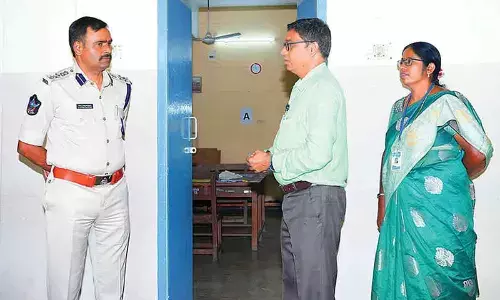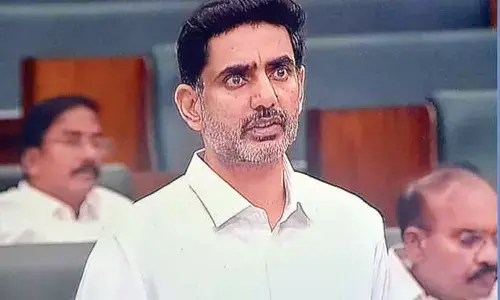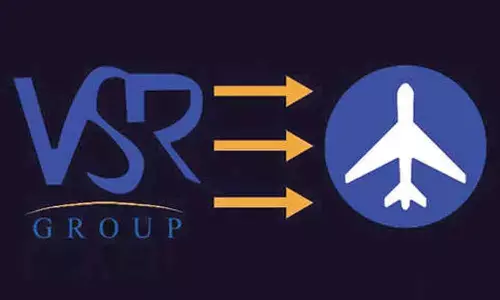Self-regulation proposal is self-defeating

Any regulation that excludes ‘child sexual abuse’ or ‘terrorism’ hints at ulterior motives
In February this year, the Indian government exercising its powers under Section 87 (2) of the Information Technology Act, 2000, framed the Information Technology (Intermediary Guidelines and Digital Media Ethics Code) Rules 2021, which sent ripples amongst the social media platforms.
This new set of rules mandated a grievance redressal system for over the top (OTT) and digital portals in India, which implies that social media users can now raise their grievance against its misuse. Also, the social media platforms need to appoint a chief compliance officer along with nodal contact person who will be in touch with law enforcement agencies round the clock. Significantly, these platforms need to name a grievance officer who shall register the grievance within the stipulated 24 hours and dispose of it in 15 days.
In order to further tighten the screws on the social media sites, provisions were made that obligated them to remove any content within 24 hours after a complaint is made against the dignity of users, particularly women. The news publishers would be undergoing three levels of regulation for publishing the news— self-regulation, a self-regulatory body headed by a retired judge or an eminent person, and a final oversight from I&B Ministry.
As an add-on to the detailed regulatory provisions, a user can still appeal against that decision at the appellate if he is not satisfied with the solution given by the intermediary. The Grievance Appellate Committee (GAC) was to be constituted by the Government of India and the Government was also empowered to appoint the Chairperson and other members of the committee.
This proposal caught the social media giants along with some citizen activists off guard and for more than two months they are falling over each other in dissing the GAC and squabbling over a new 'Self-Regulation Board' (SRB). The big tech companies have serious concerns over the GAC; however, the likes of Twitter & Facebook have come out and supported creation of SRB.
The SRB is proposed to be composed of a retired judge, representatives nominated by Big Tech and senior employees of Big Tech companies. So in other words, senior Big Tech executives and representatives chosen by them will sit in appeal over decisions given by their own subordinates. This defeats the very purpose of creating a regulating body. SRB would be a loose regulation as those cases that are of serious nature including content related to hate speech, child sexual abuse and terrorism would fall outside the ambit of its jurisdiction. It would also ignore and not act against any content uploaded by users with whom the intermediary has pre-existing commercial arrangements. This is nefarious and defeats logic.
Any regulation that excludes 'child sexual abuse' or 'terrorism' hints towards ulterior motives. Moreover, the exclusion of 'pre-existing commercial arrangements' gives a free ride to companies who have commercial arrangements with Big Tech. The SRB proposal also ignores the finality of decisions that users must get and thus again it would become a tool in the hands of Big Tech.
It's more than obvious that the SRB proposal is fully self-serving. History is laced with ample evidences where self-serving proposals have turned self-defeating. It would be naïve to expect otherwise this time. A user must be given an opportunity to have his grievance heard by an independent non-aligned body. A lot of rhetoric is raised on the fact that GAC will lead to the government being the final arbiter of permissible speech on the internet. Well, the fact of the matter remains that in sovereign countries it's always the State which remains the final arbitrator, government being a vital part of that very State.
Until now, the Big Tech has been and is the only arbiter of its own decisions, devoid of any oversight and responsibility. It's the user and user generated content that form the core of any platform; contrary to it the SRB proposal has no representation from users and is lopsided towards Big Tech. A Self Regulating Board (SRB), sponsored by a private lobby group which is dominated by Big Tech, must be rejected as another attempt to avoid scrutiny and accountability. The government of social media needs to listen to the Government of India.
But the alternative to SRB is certainly not a regulation based on the whims of the Executive organ of the State.Last year in August, the Bombay High Court by its interim order stayed the operation of Rules 9(1) and 9(3) of the IT (Intermediary Guidelines and Digital Media Ethics Code) Rules, 2021. These two rules required publishers of news on the internet and publishers of online curated content to comply with a Code of Ethics and also prescribed a three-tier grievance redressal mechanism headed by the government.
The Court found these rules to be violative of Article 19(1)(a) of the Indian Constitution. Making platforms share more information might become counterproductive as we don't have a data privacy law; it necessitates the need to expedite the passing of the Personal Data Protection Bill, 2019. Still, if regulation is needed then it must be implemented through a suitable legislation instead of relying upon executive rule-making powers under the IT Act. The government needs to pull its act together and come up with a final lasting solution to check the arbitrary approach of the big tech.
(Writer is an educationalist and political analyst. He teaches aspirants preparing for Civil Services Exams in leading institutes of India. He is also a book reviewer with a literary magazine)











